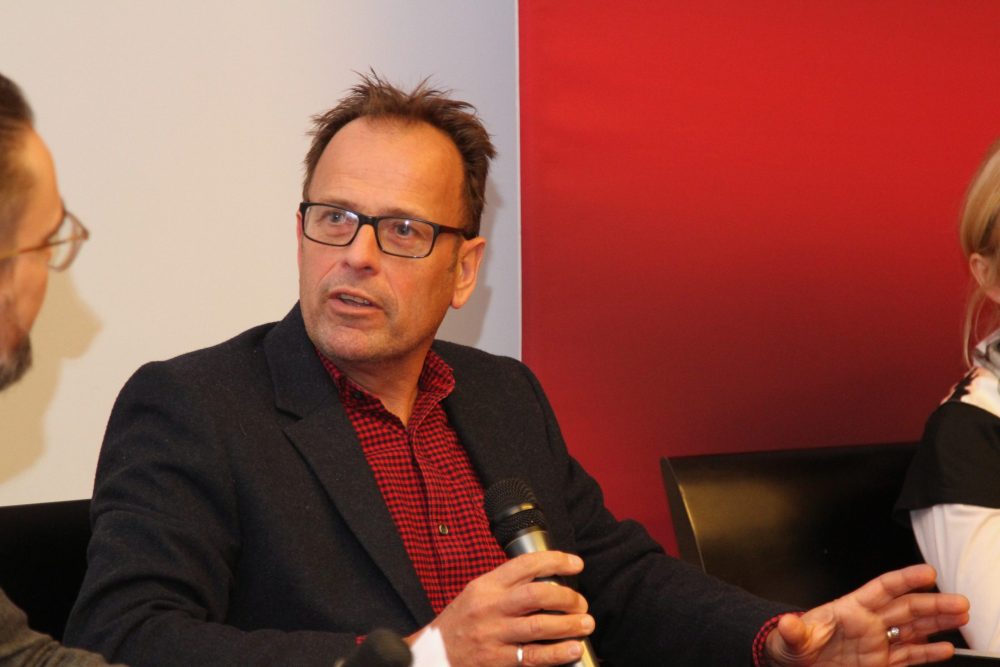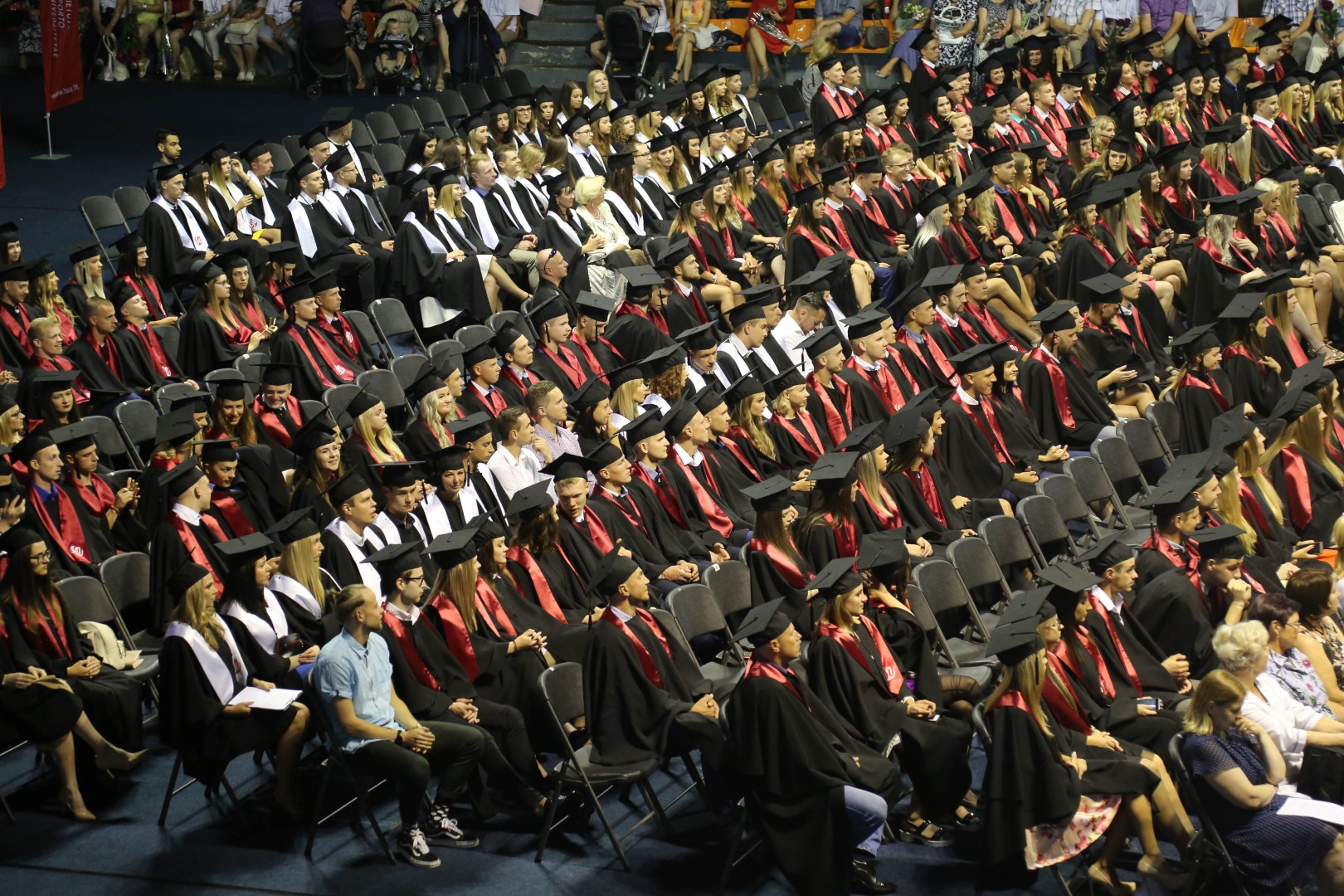The October 9 Lithuanian Football A-League match between local FC “Jonava” and Vilnius FC “Žalgiris” in Jonava posed a riddle about a brewing betting scandal.
According to the media, just before the start of the match, many bets were placed that four or more goals will be scored in this match.
The Lithuanian Football Federation (LFF) tried to prevent the attempts of unfair gain by starting the match 20 minutes later, and as the match progressed, police officers arrived at the Jonava stadium.
Although four goals were indeed scored in the match (Zalgiris triumphed 4:0), it was probably not possible to catch the possibly dishonest bookmakers, despite the LFF’s attempt to stop this process.
“In recent times the match-fixing phenomenon is more prevalent than ever before,” said British journalist and researcher Steve Menary, – “The more this problem deepens, the more it will affect clubs and representatives of individual sports. Even the European Cricket League, when the outcome of the match in Cyprus was manipulated, can be pointed as an example.
It doesn’t matter what team sport or individual sport, someone has to try to stop it. What is more, in some places, betting is allowed for people under the age of 16. This makes the situation even worse.”
Steve Menary, who studies the outcome of match-fixing across Europe, gave a presentation “Match-fixing, Money Laundering and the Threat to Football” at the Sport Forum organized by the Lithuanian Sport University (LSU) and shared notable examples of unfair fixing in sports.
“We cannot foresee a quick end to the era of match-fixing because online betting is very poorly regulated. Even if a bookmaker is inaccessible in a certain country, there are at least a few ways to access their website and place a bet – we can turn on a virtual private network, thus removing the geo-blocking and control. It’s probably obvious to everyone who is interested in it that it’s really difficult to fight this process”, said Menary.
A representative of investigative sports journalism drew attention to betting in amateur championships. According to Steve Menary, bets in competitions of this level are only intended to be used by those seeking to make an unfair profit from sport, not only observers of matches but also members of organizations.
“It’s perfectly normal to place bets in sports competitions of elite leagues, but it’s not normal to bet in amateur championships. Of course, amateur clubs can trace who passes information to bookmakers during matches, but this is not always the case. In an ideal world, someone would have to do this and disrupt the process of unfair betting, but very often even the team staff is involved in betting,” said the researcher.
The LSU Sport Forum speaker argued that the only way to curb match-fixing is through comprehensive education of the people in the sport world.
“Not many people understand how betting works and how all the different players are interconnected, that is why we need to focus on education on this topic. I think this is the only way to somehow prevent this in the future. Education should include players, organizations, and even club owners who are not very well controlled – especially the latter, because they should naturally question why people use their club to make a profit”, Menary questioned the team owners.
The fourth LSU Sport Forum also addressed other current issues in the field of sport, such as social inclusion and equality, sustainability, good governance and sport nutrition.
In addition to Steve Menary, presentations were also given by renowned speakers from around the world and Lithuania, including Mindaugas Špokas, Head of the National Sport Agency (Lithuania), Laura Capranica, President of the European Student as Athlete (EAS) Network (Italy), Yves C. Vanlandewijck, Professor of the KU Leuven (Belgium) and Karin Book, Associate Professor of Malmö University (Sweden).
“With this Sport Forum, we aim to introduce the Lithuanian sports community to the current trends and innovations that are taking place around the world,” said LSU Rector Diana Rėklaitienė. – “For this reason, we invite international experts to the Sport Forum, who know best what is happening in the world of sport.
Every year we try to look for topics that are relevant for Lithuania. This year, because of the reforms of the sports system, sustainability in sport was probably the most relevant topic. There is a lot of talk about this issue in the world, but there are still questions about how to implement sustainability in Lithuania. I think that all the presentations were useful for our country’s sports policymakers, coaches, and athletes.”




